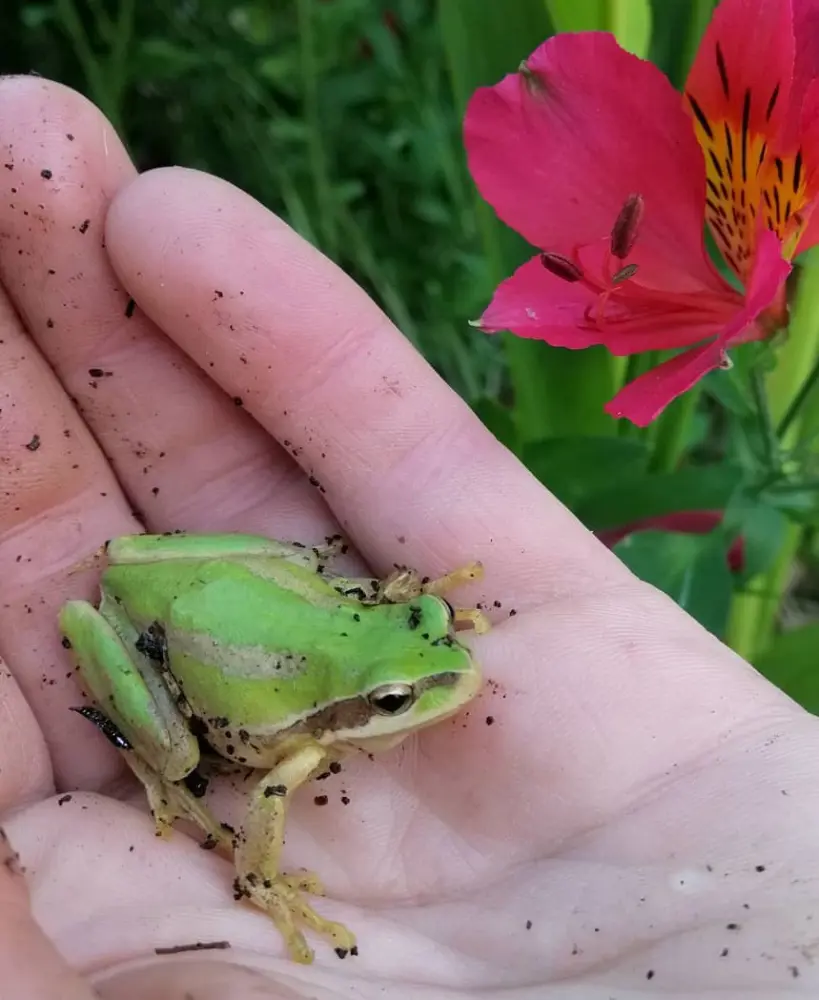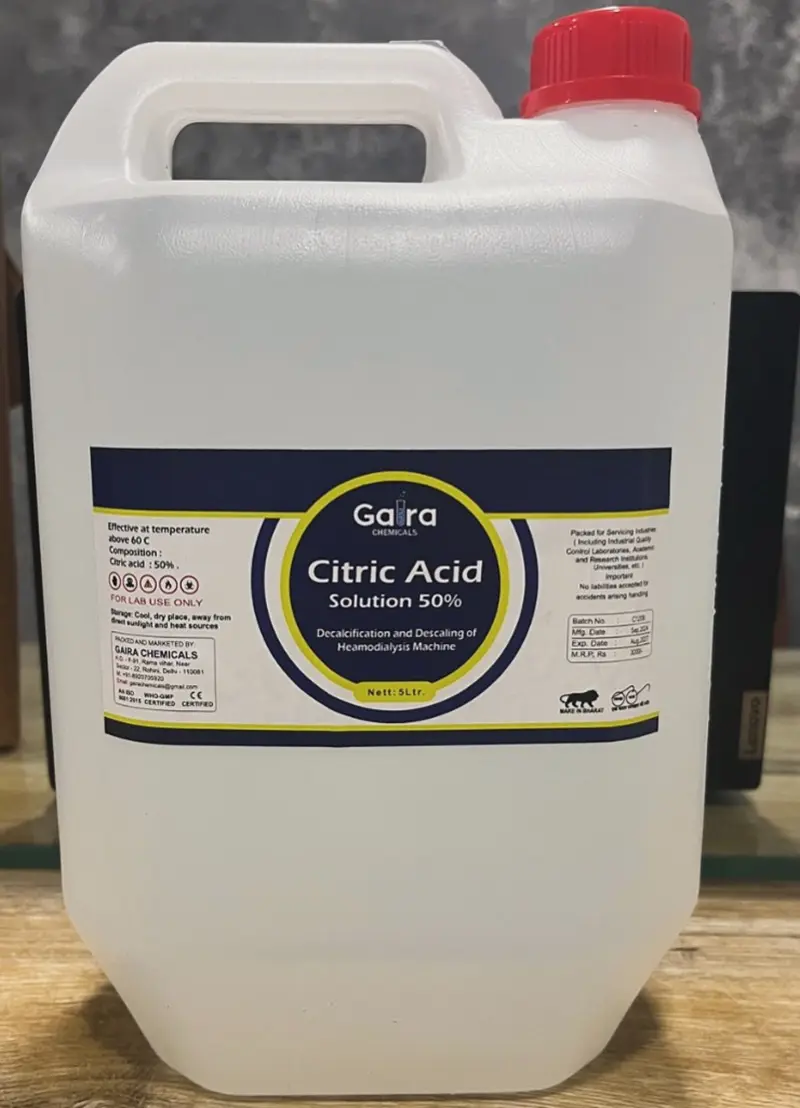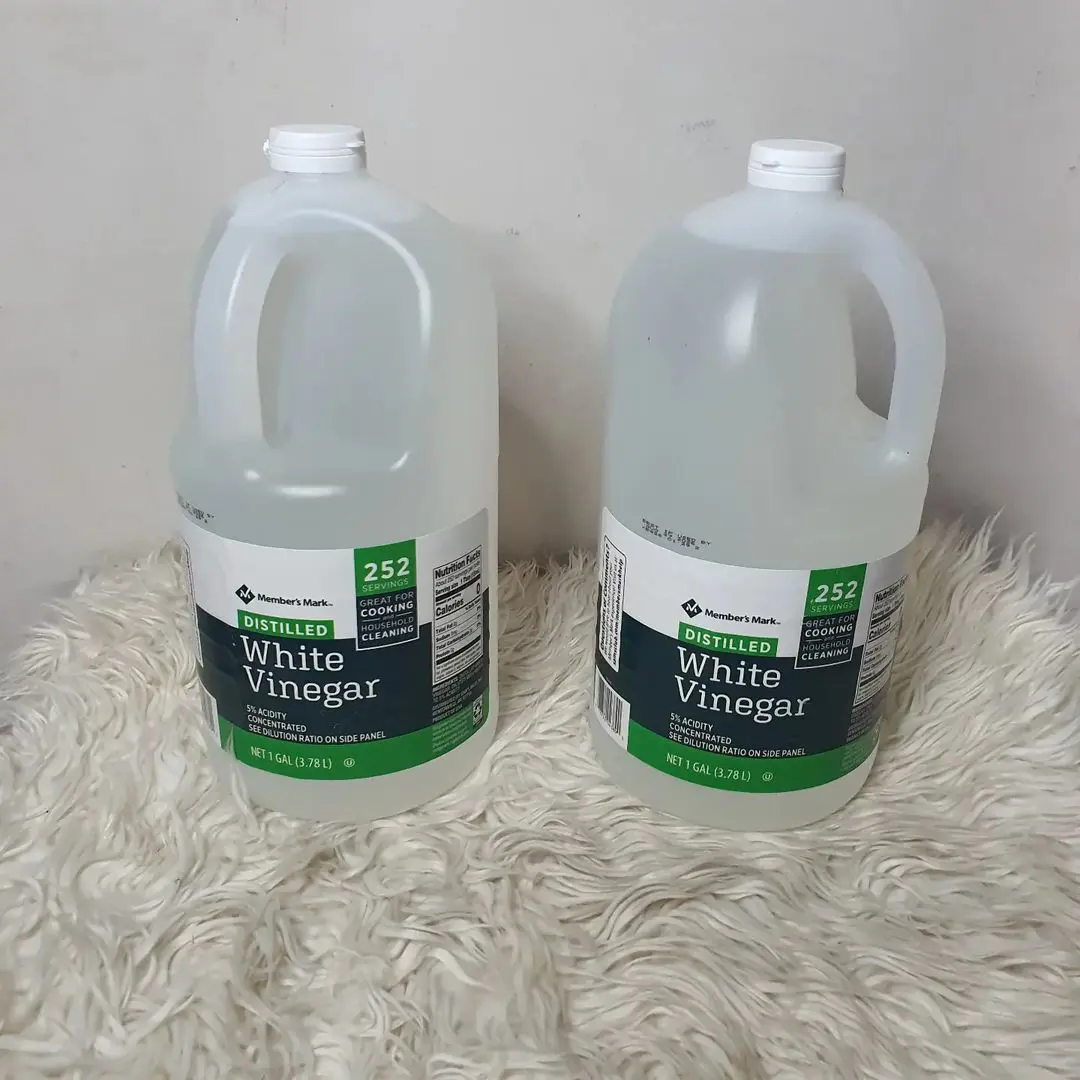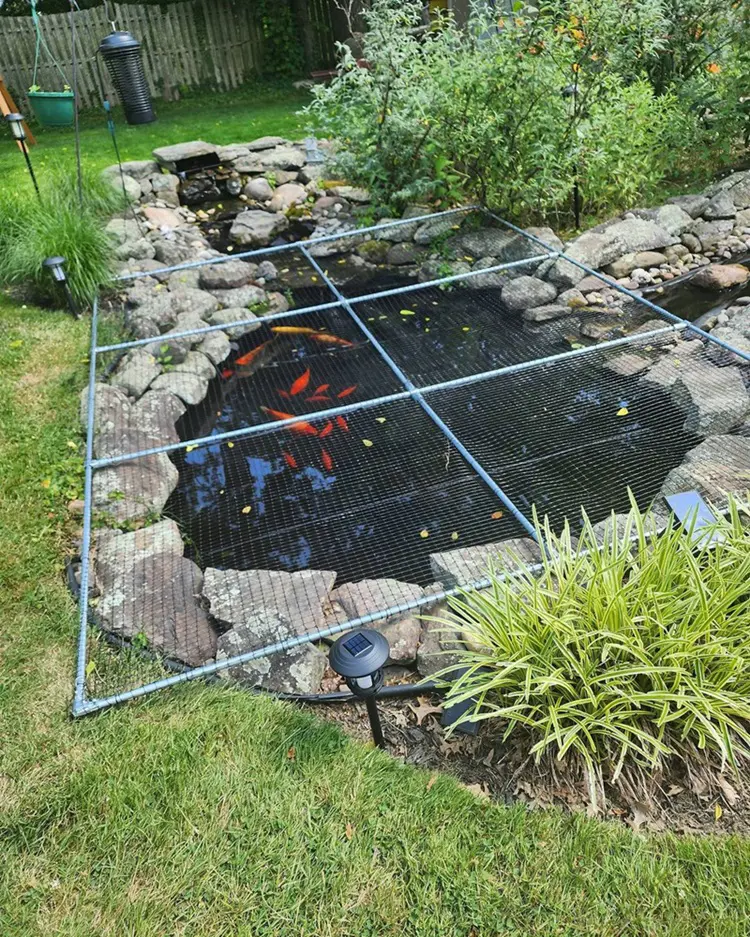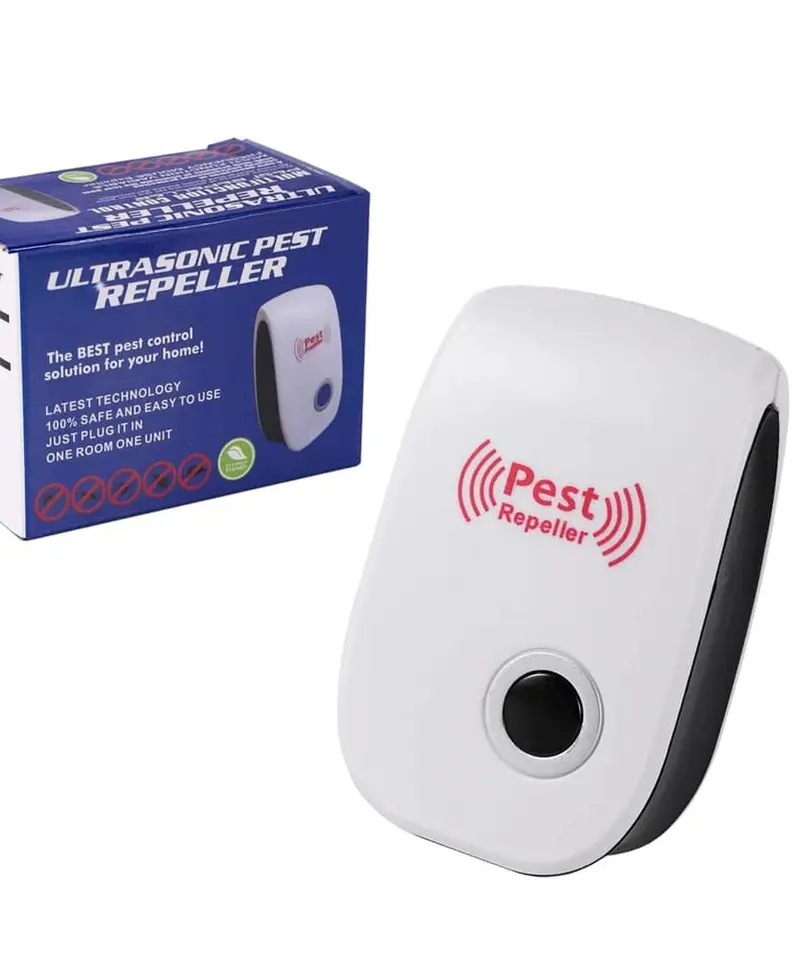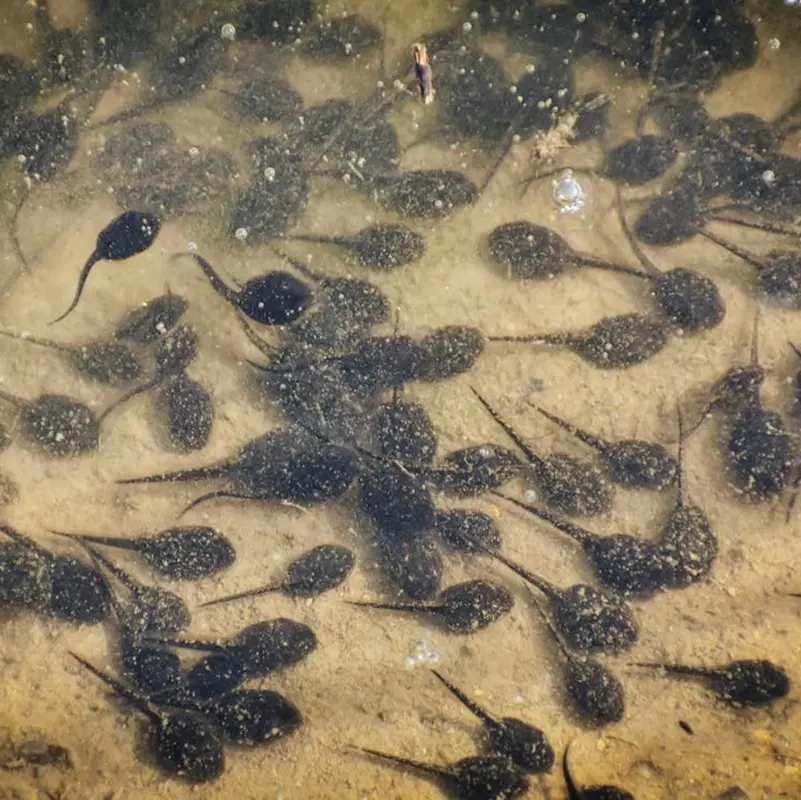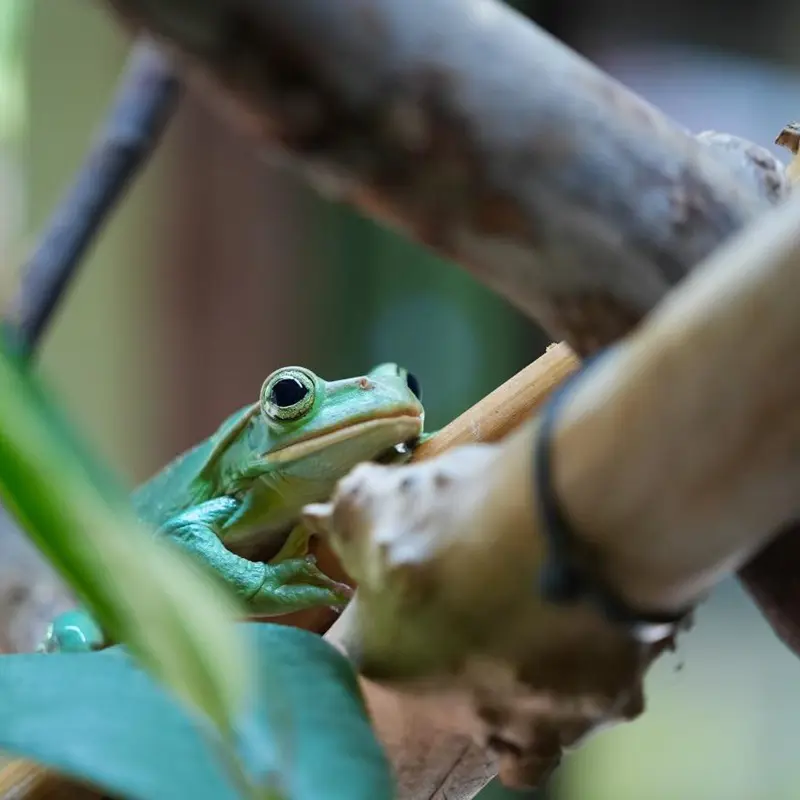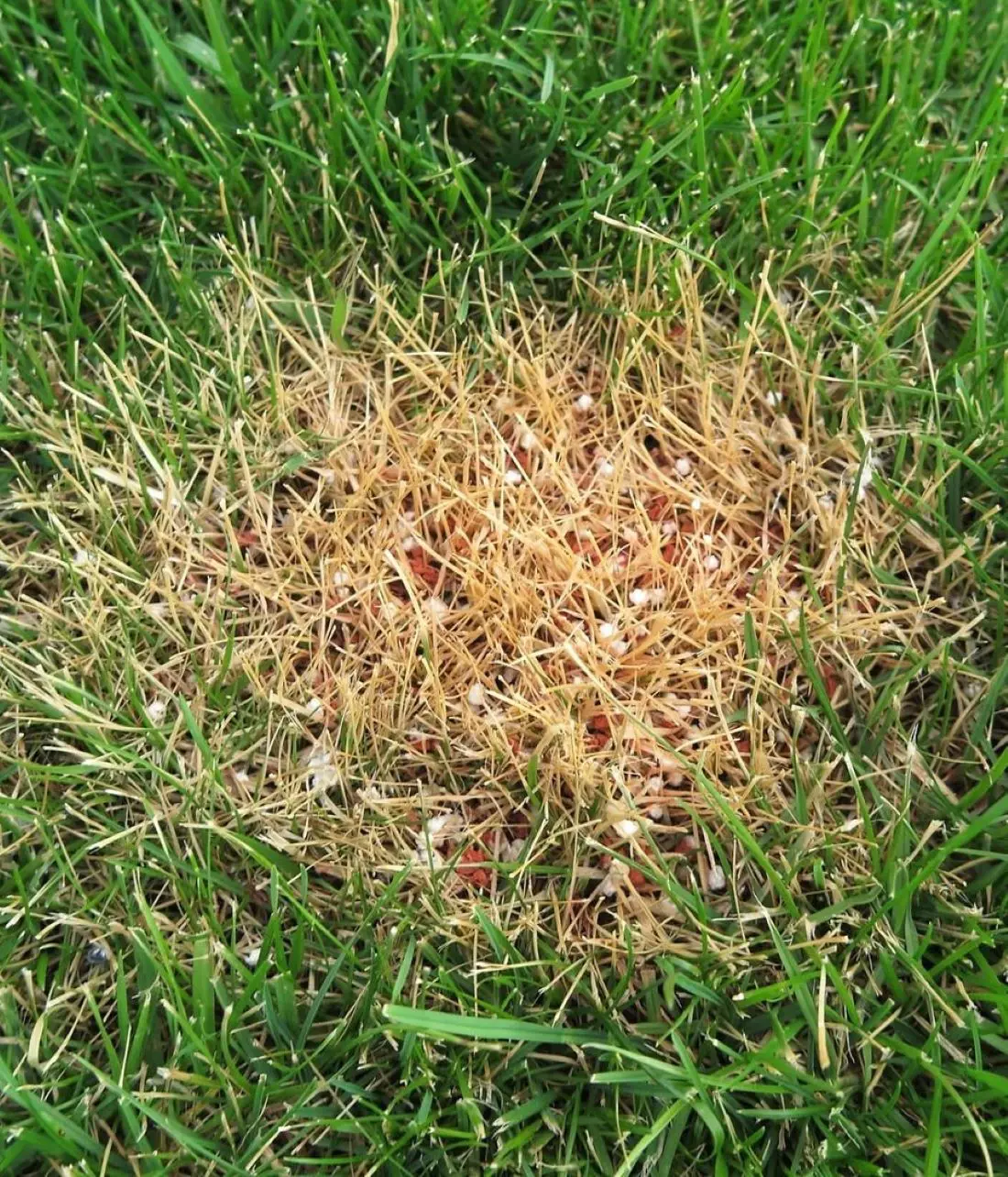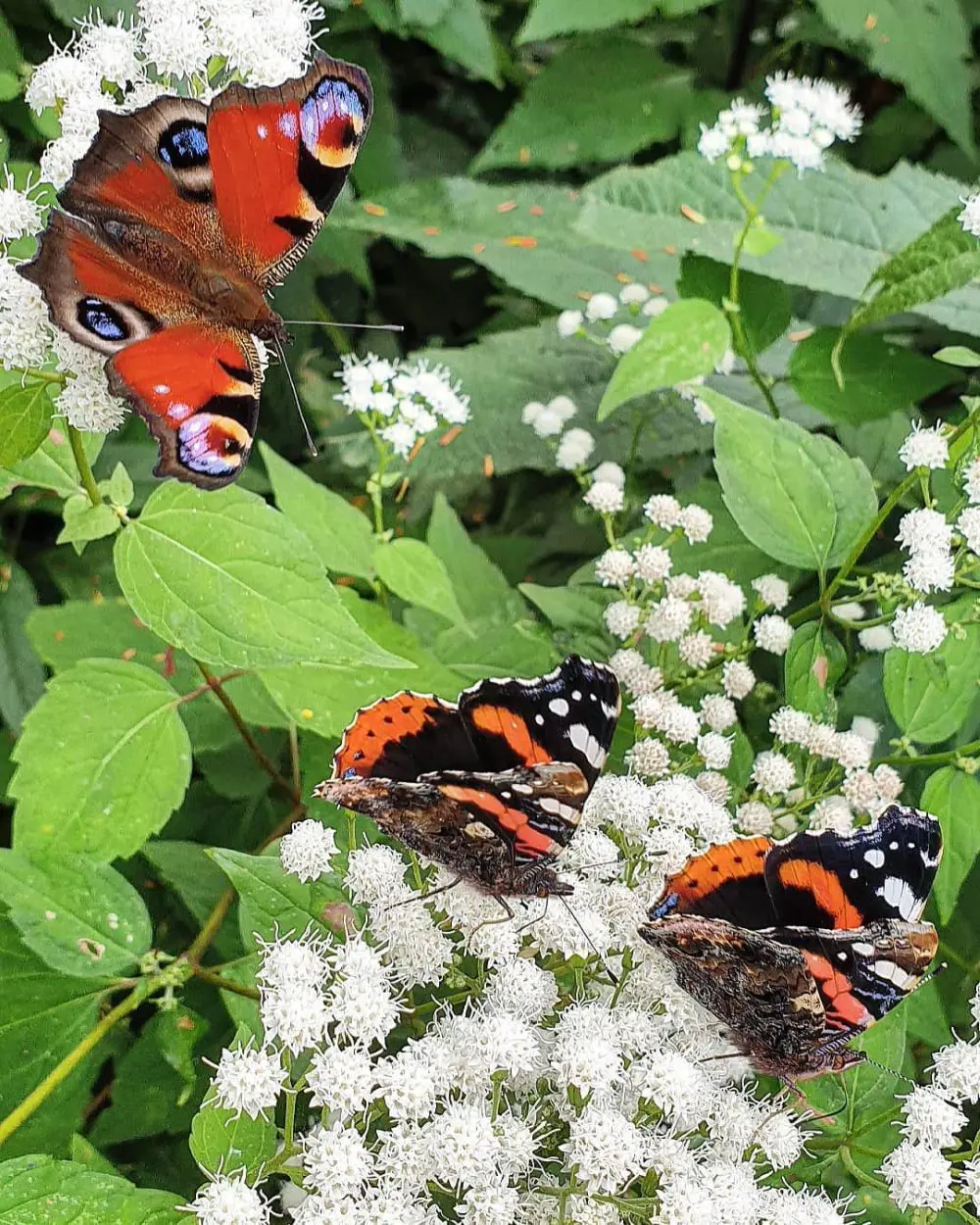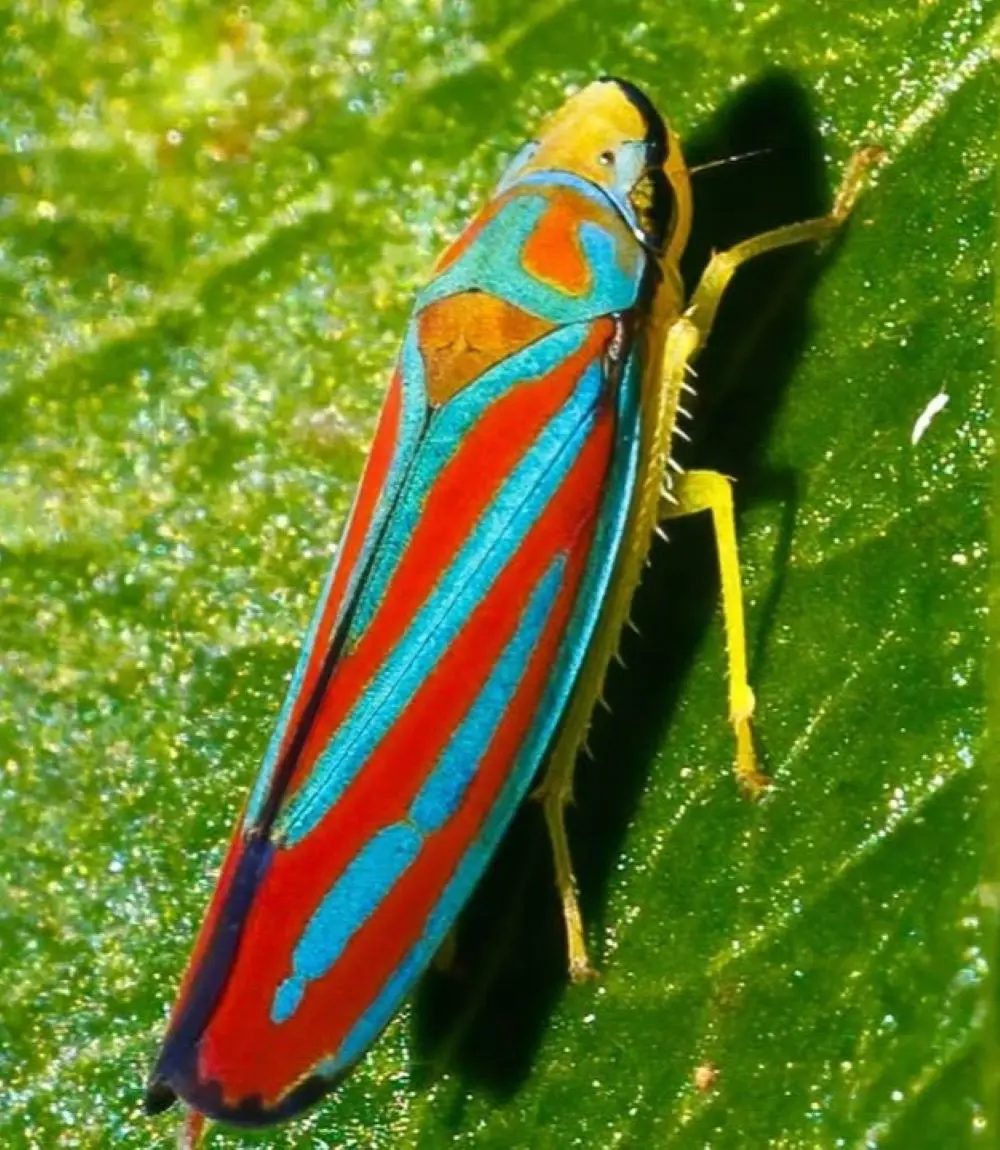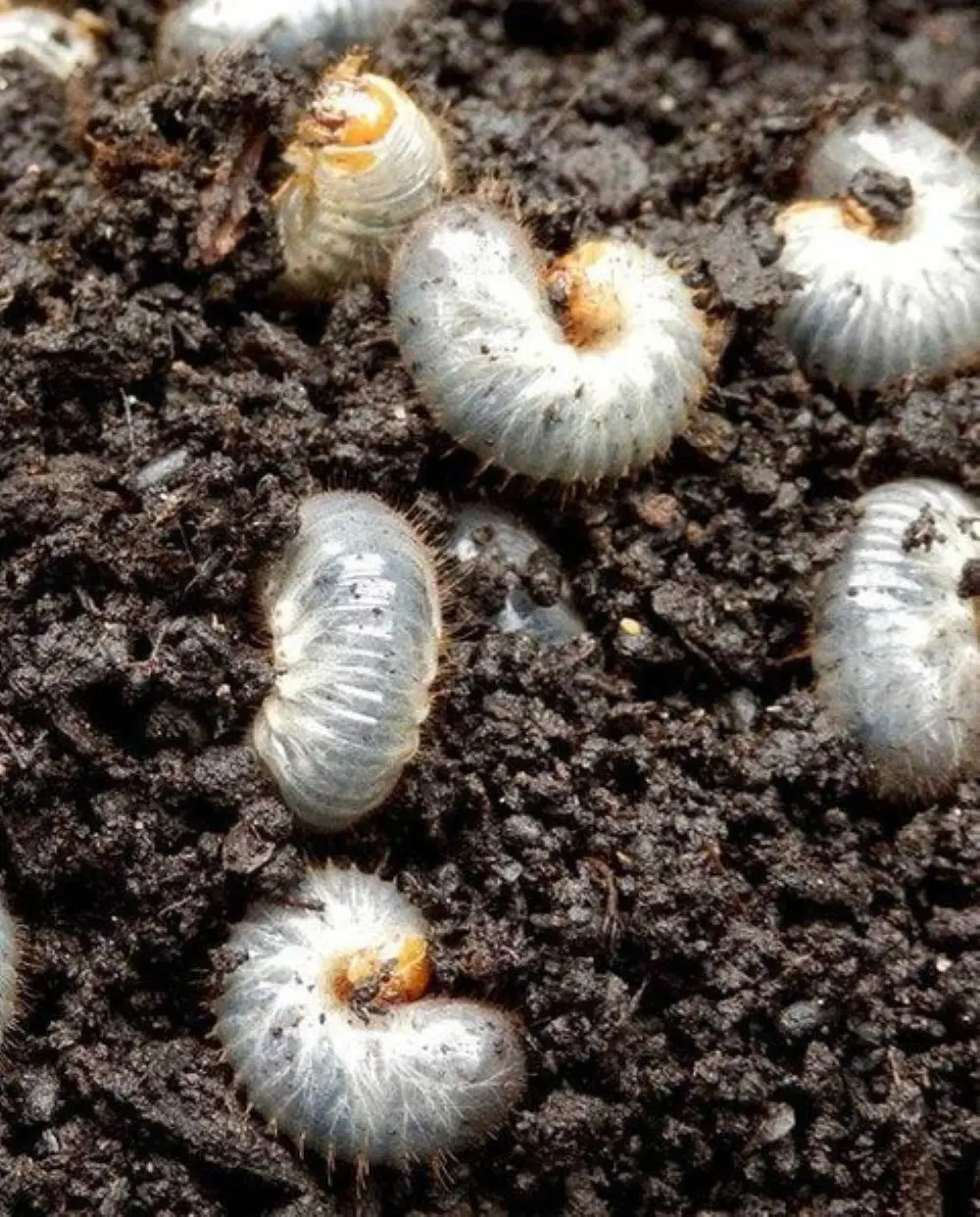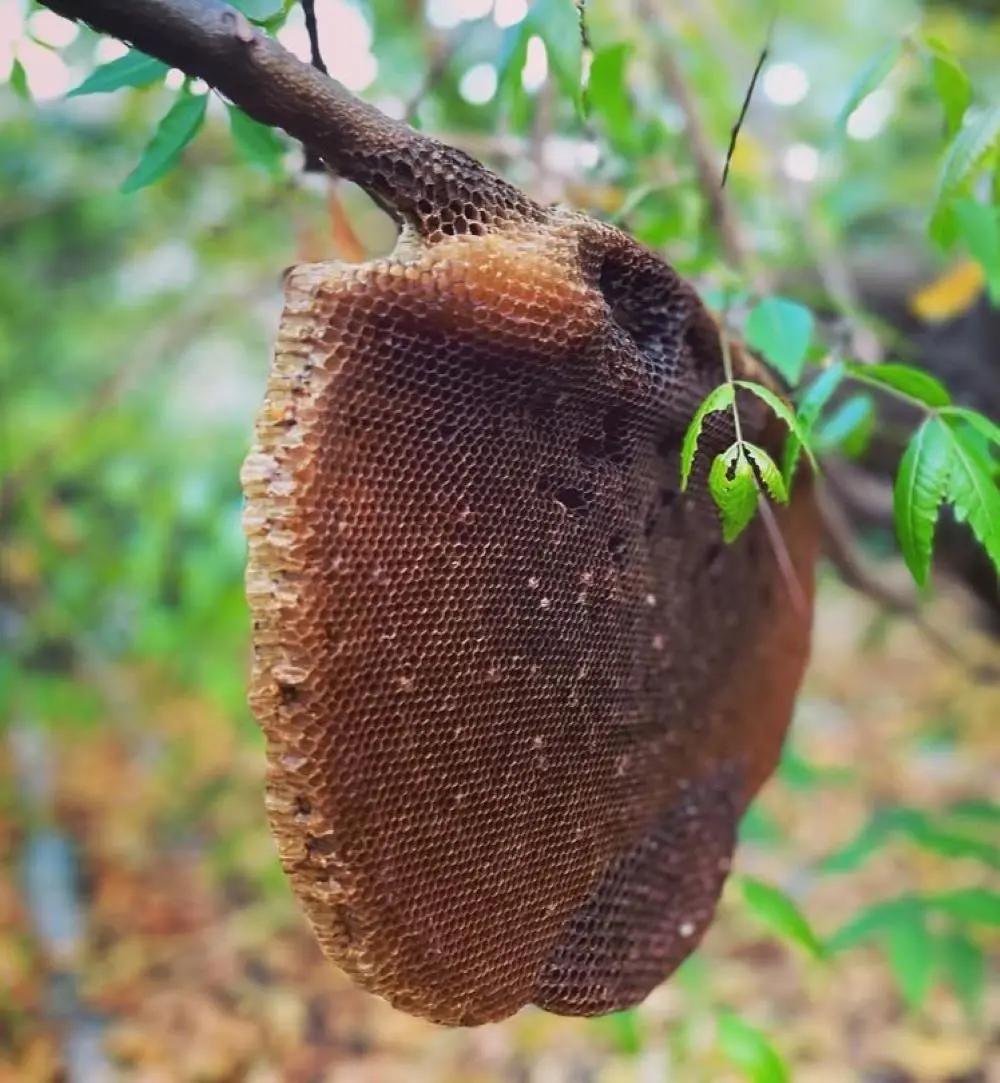How To Get Rid of Frogs Naturally?
1. Remove Water Sources
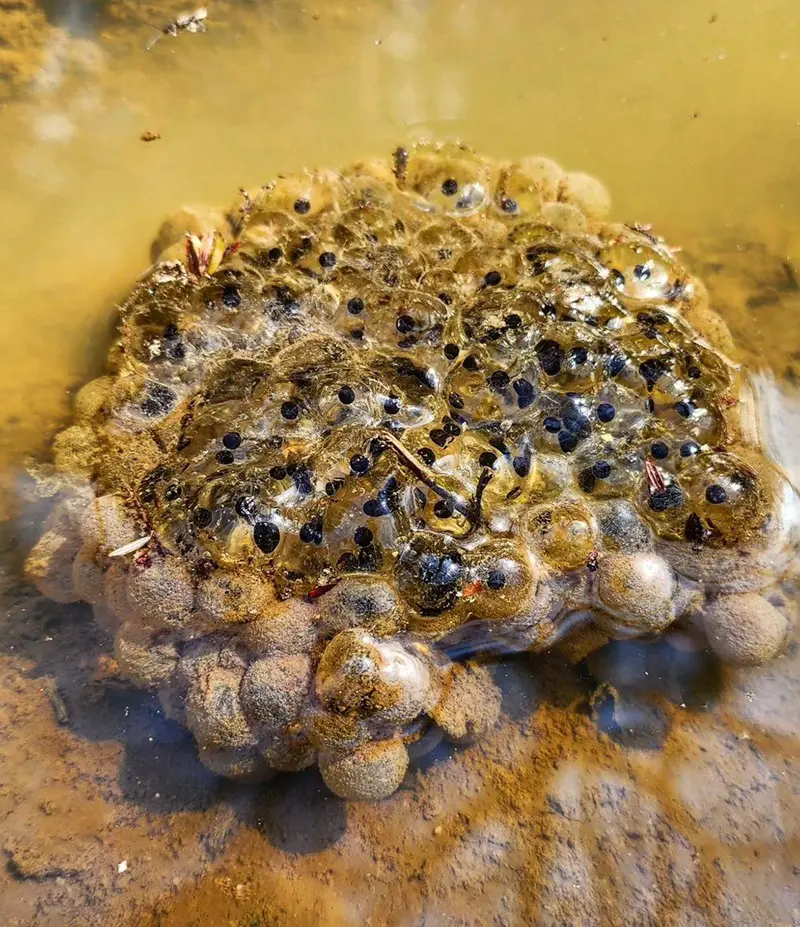
Frogs require a damp environment to raise their younger ones.
If you have water features in your yard, temporarily turning them off or draining them may effectively eliminate the frogs' breeding habitat.
Further, use an aerator to increase soil drainage in your marshy or moist lawn and make your place less enticing to frogs.
2. Create a Barrier
Consider building a fence around your landscaping to keep frogs out of your yard once you've eradicated them.
The best physical barriers to keep frogs out are timber or fine-mesh fences because they make it difficult for the frogs to wriggle through and jump over.
3. Add Predators

Predators can be introduced to manage frog populations in gardens effectively. Snakes, certain fish species, birds, and mammals are the natural predators of frogs.
Make sure to bring in the predators that are less likely to create an imbalance in the ecology.
4. Remove Hiding Spots
Removing hiding places is an effective technique to control the frog population in your garden. Frogs hide in dense vegetation, leaf heaps, and other cold, wet locations.
You can make your garden less appealing to frogs by removing heavy shrubs, eliminating clutter, and maintaining it well.
Furthermore, routinely cleaning up waste and pruning back overgrown areas might deter frogs from establishing in your place.
5. Remove Food Sources
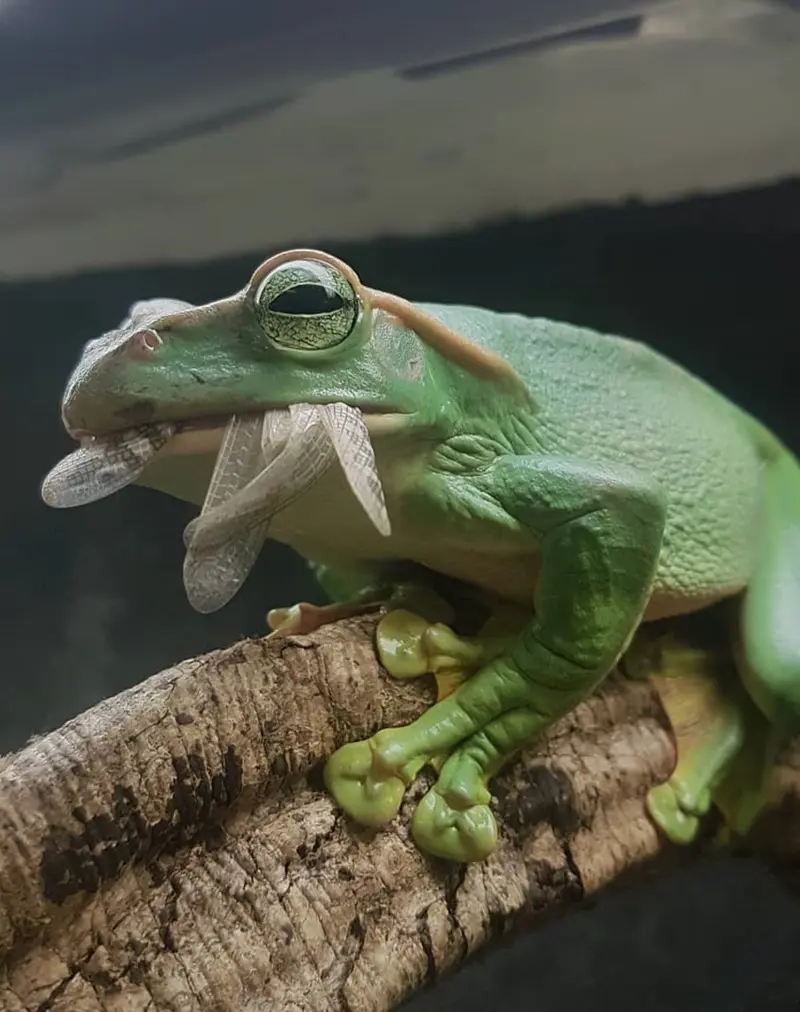
Frogs are drawn to your yard mostly because of the quantity of insects, which comprise a large portion of their food.
Being mostly insectivores, frogs do not eat grass as they lack the essential teeth to chew and tear. So, to make your yard less enticing to frogs, reduce the bug population.
One good method is to switch off the exterior lights at night. These lights attract insects, which then attract frogs.
6. Use Peppermint Oil

Apply the diluted solution of peppermint oil mixed with vinegar or dish soap in areas frequented by frogs, such as close to water sources and possible shelter locations.
Frogs find the scent of peppermint oil very unpleasant.
Regularly apply the solution, especially following rain, to uphold its efficacy. This organic deterrent makes frogs less inclined to visit the area.
7. Use Coffee Grounds
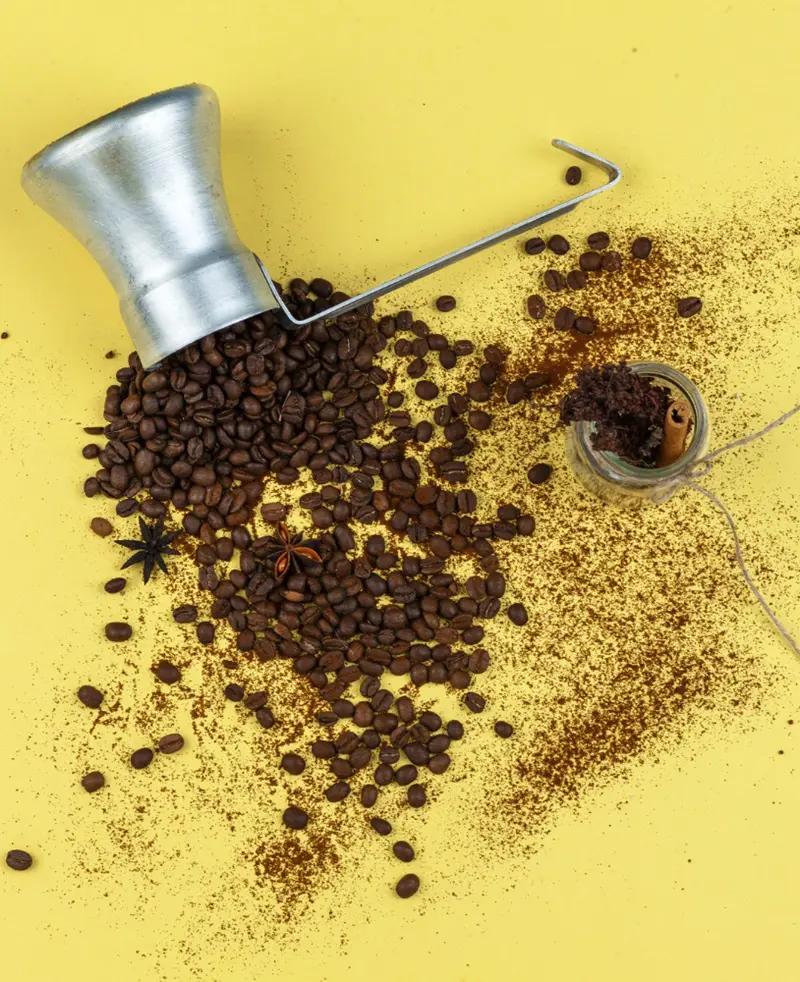
Adding coffee grounds to the soil can be a natural repellent for frogs.
If the frogs make contact with the acidic coffee grounds, they are likely to experience discomfort in their sensitive skin.
You can sprinkle a thin layer of coffee grounds over moist and damp areas around your place to stop them from leaping in.
8. Eliminate Frog Eggs
It has been suggested to use a dip net to catch the frog eggs from your ponds or stagnant water sources.
Remove and dispose of the eggs properly to prevent the possibility of new frog populations.
Also, consider utilizing chlorine and shock treatments to maintain water cleanliness.
9. Use Salt Water
Salt has been found to induce skin irritation and dehydration in frogs so, they like to stay away from the saltwater environment.
To address frog problems in your vicinity, you can distribute salt in the affected areas, but be careful around vegetation.
Salt can cause plants to dry out and die by interfering with their ability to absorb water directly.
10. Use Garlic and Citrus Spray
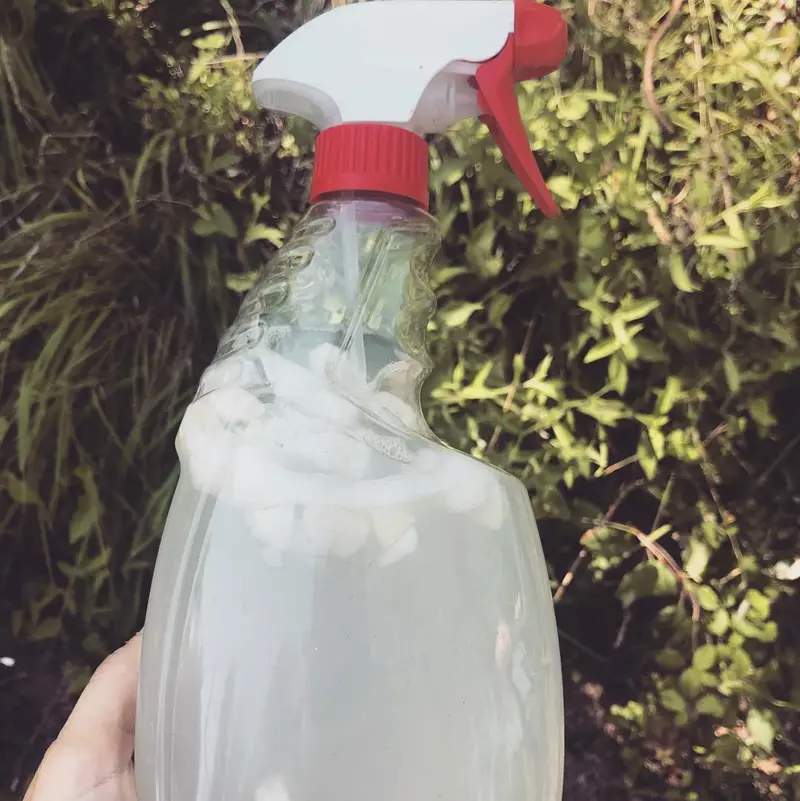
The powerful odor of garlic and citrus can deter the frogs away from your place. The sharp scents are found to interfere with their sensitive sense of smell.
You can use either spray individually or in combination, based on your choice.
Applying repellent regularly, particularly following rainfall, will help preserve its effects and make your yard less attractive to frogs.
11. Plant Frog Repellent Plants
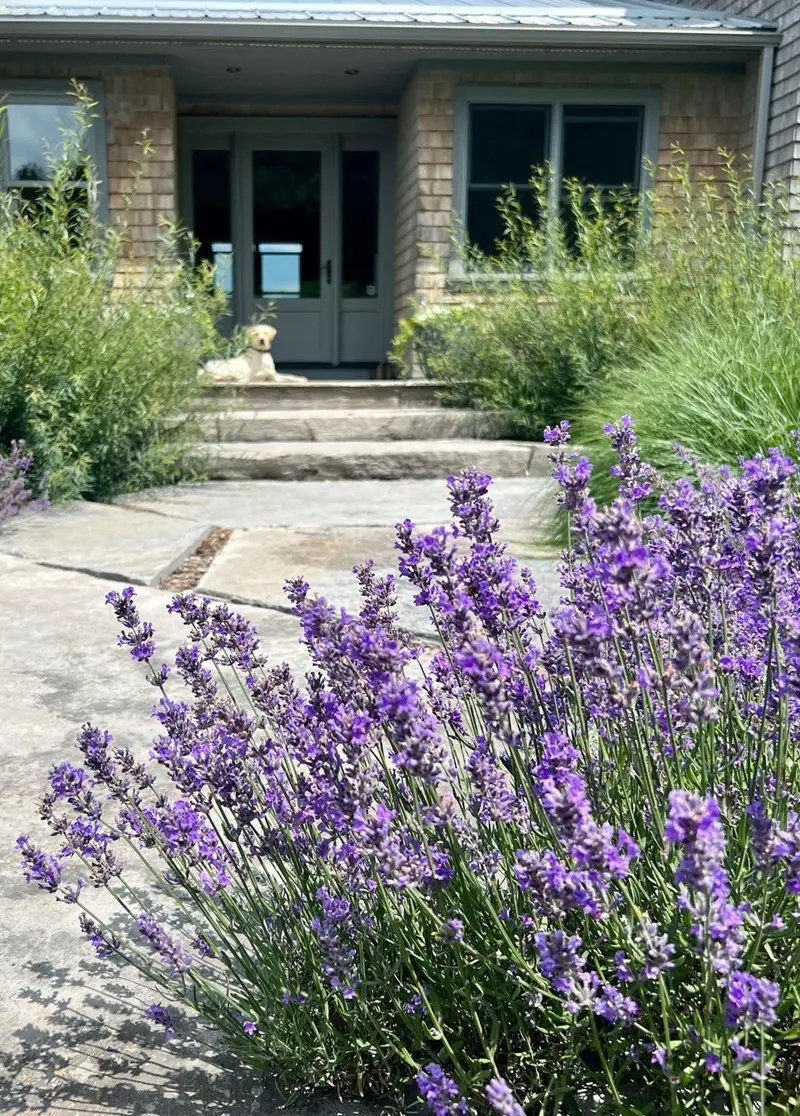
The plants that disperse strong scents around the surroundings such as lavender and rosemary can naturally keep the frogs away from your place.
Planting these herbs in your garden also provides visual appeal and culinary advantages.
12. Increase Sunlight
Frogs are attracted to shady, cool places where they can remain damp and hidden.
You may have to increase the sunshine projection in your garden by pruning trees and shrubs to make it less attractive to pests.
Increasing the sunlight exposure can reduce shade and cool shelter, creating a less welcoming environment for frogs.
13. Create a Dry-Zone
Establishing a consistently arid section in your garden can prevent frogs since they favor damp surroundings for hiding and reproducing.
Creating an area with good soil drainage and limited water will make it less appealing to frogs, reducing their likelihood of inhabiting a parched and inhospitable environment.
This arid area can be created using gravel, sand, or similar substances to prevent water from accumulating, effectively deterring frogs from residing there.
